Two Female Nurses Become ‘Sisters’ in Life and Business in Nairobi
By Natalie Walters
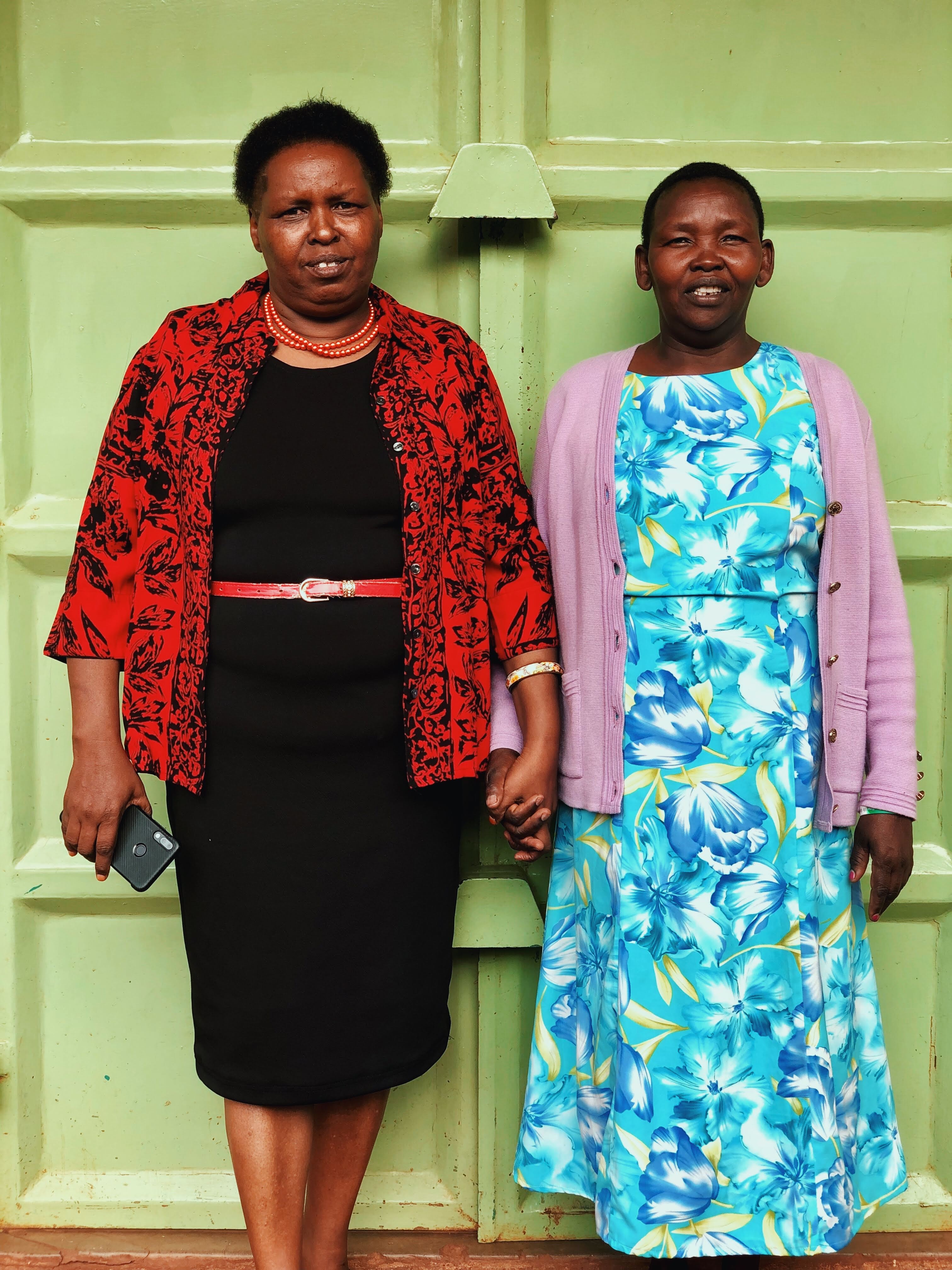
Editor’s Note:
Have you been wondering what the clinics that use Banda look like? Or what the owners look like? Or how exactly Banda is helping them in their day-to-day duties? We were too! That’s why we set up a face-to-face meeting in June and July with nine clinics currently using Banda’s software. We knew they’d have lots of interesting things to say, but still came away with more stories than we could have ever predicted going into that first visit a few weeks ago.
Over the next 9 weeks we are going to introduce you to nine amazing clinics that are serving the poor across Kenya. Many of these clinics are barely breaking even each month because they continue to give free care to those who can’t pay. Like Banda, their main focus is on helping, not profiting.
Who’s “we”? That’s referring to Thomas Letchford, Banda’s fundraising coordinator, and Natalie Walters (that’s me!), a journalist from New York. Our families were close friends growing up and I even got the chance to visit them in Zambia about 15 years ago. We had always talked about me visiting Kenya to help with some stories, but didn’t think the timing would ever work out. However, I had a free month off this summer before going to grad school for my masters in investigative journalism this August. The timing couldn’t have been more perfect!

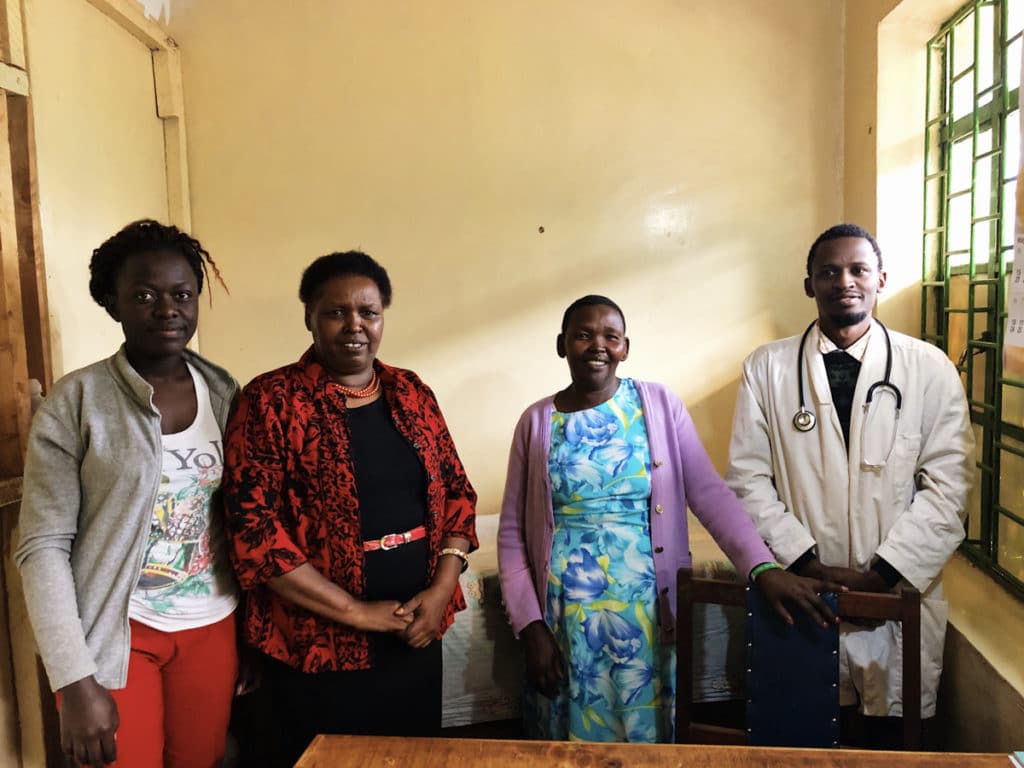
Our first clinic visit was in Nairobi at Midhill Clinic, which I was excited to see because it was run by two females. I expected to find two type-A females who were blunt, business-minded individuals. But since there’s no way to look their clinic up online or even to find a picture of them on a social media site, I had to wait patiently during the two hour drive from our base in Kijabe to see if my assumptions were correct.
They weren’t.
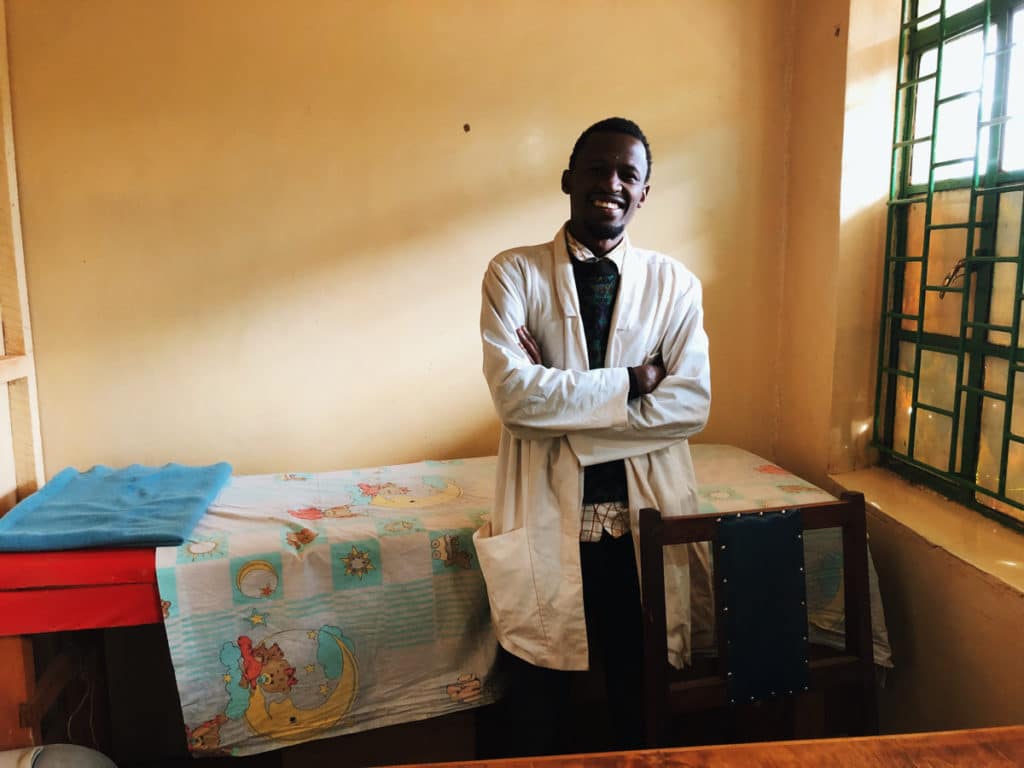
They were very wrong. The two women who run Midhill, Elizabeth and Juliette, were smiley, warm, and laidback. The only thing that might read “business” about them is their nearly identical buzzcuts they sported along with their professional-looking dresses. But while their outer appearance said “let’s talk business,” everything about their demeanor said “let’s be friends.”
I figured the two women must have been forced to become friends due to business. But again, I was wrong.
The two women met during a hard time in Elizabeth’s life. She was stuck in an abusive marriage, and it was taking a toll on her mentally and physically. She decided to take a chance and walked into Juliette’s clinic to ask for a job.
“She was very down and desperate,” Juliette remembers. “She was very thin and looking to be saved.”
The women talked about their lives and immediately knew they would be lifelong friends due to their similar interests in healthcare and helping the needy. That day, Elizabeth walked out of the clinic with a new job and a new lifelong friend and business partner.
While it’s been 30 years since that day, they still giggle like school girls when they remember it. If you didn’t know any better, you might think they were twins. In fact, patients often think they’re sisters — and they love it.
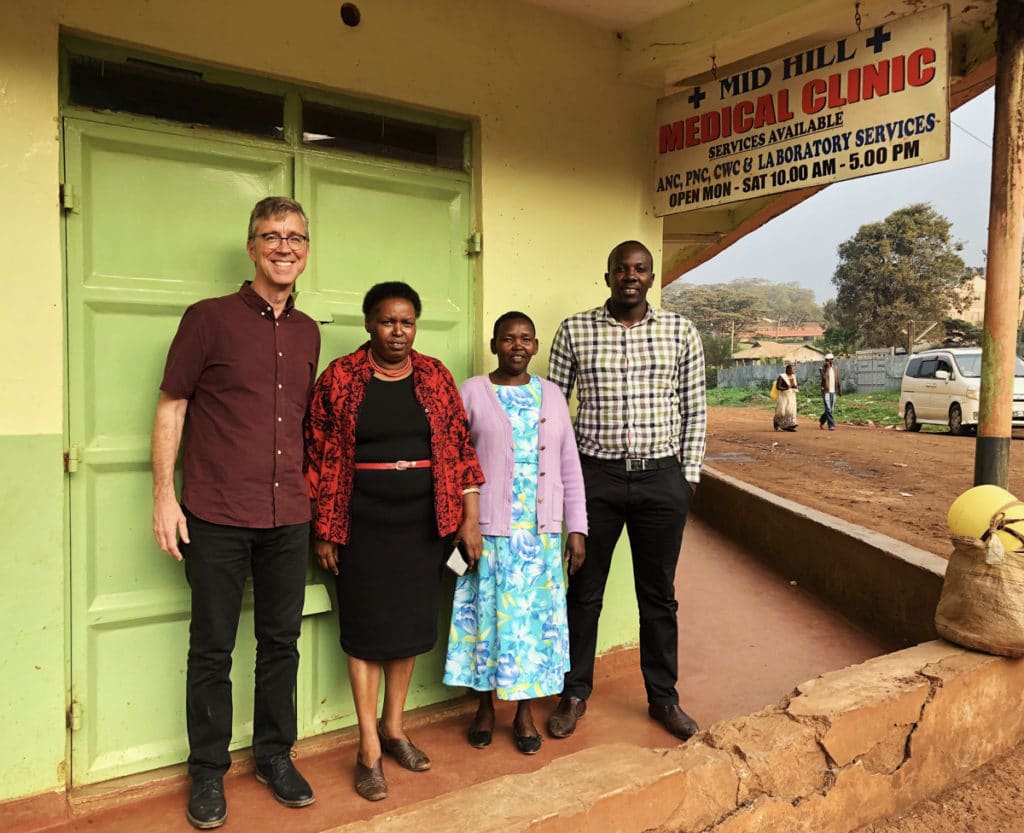
Their cheery and positive outlook on life carries over to their clinic, which they are immensely proud of in spite of its modest square footage and equipment. They proudly showed us through the small reception area and the three little rooms for triage, resting, and small procedures like stitching or abscess drainage.
Right now, the women said they see three to four patients on a normal day and five to seven patients on a busy day, also known as “market days” when the Masai people come into town. But that number should start going up when they move to a bigger clinic that can better accommodate maternity patients. At their old clinic, they saw about 40 patients per day.
And of course, since Midhill is one of the clinics using Banda, we asked them how the software is working. Their faces instantly lit up as they led us back to the triage room and showed us the old, dusty record books they used to use for patient’s forms before Banda. They told us it often took them ten to 15 minutes to find a patient’s form when they came for a return visit. But now with Banda, they can instantly locate the form.
And with that compliment to the Banda team, we felt we could leave with a feeling of accomplishment. I reached out to shake their hands, but they laughed and both pulled me into separate, equally long bear hugs. “We have a new sister now,” they said.
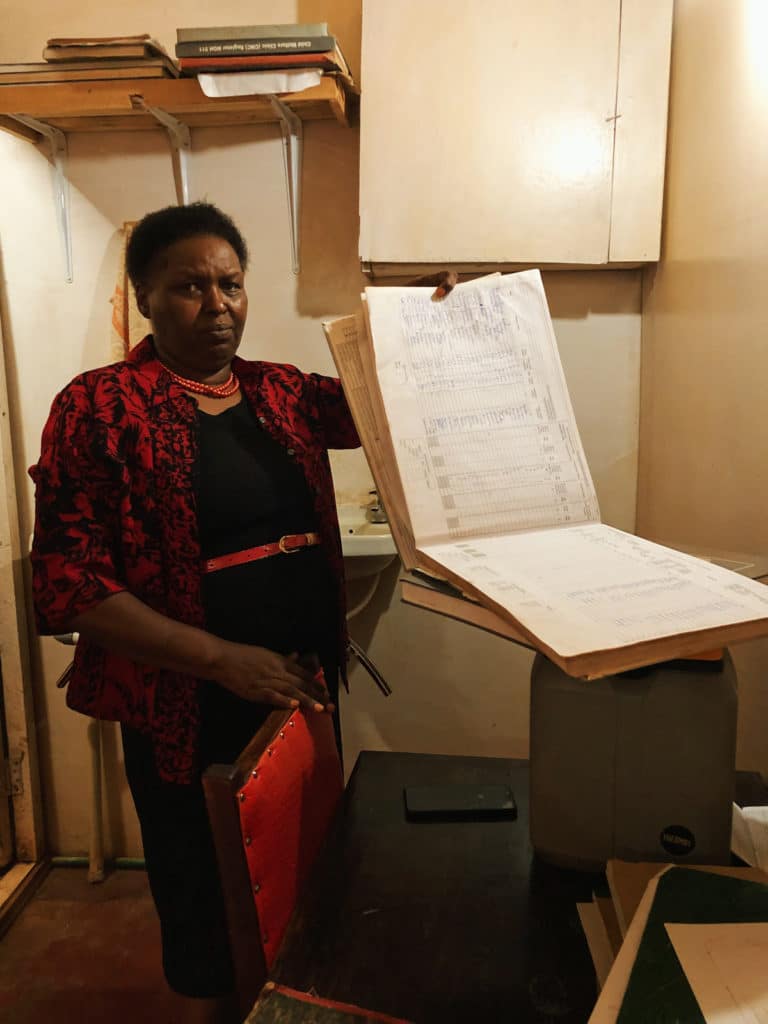
"Now, we can get rid of the books."
It’s time to say goodbye to trying to run a clinic with paper ledgers. Juliette deserves better. Her patients deserve better. Ten thousand clinics in sub-Saharan Africa deserve better. With Banda Go, they can have better. Your donations make it possible for Juliette to close that cumbersome book for the last time, and open new doors to better healthcare for her patients.

